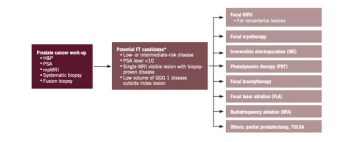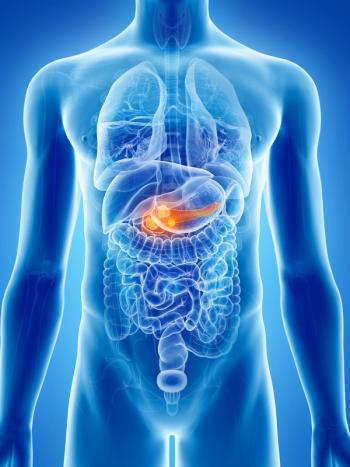
An industry through leader recaps current challenges to traditional reimbursement models for Medical Economics®.

Your AI-Trained Oncology Knowledge Connection!


An industry through leader recaps current challenges to traditional reimbursement models for Medical Economics®.

Kathryn Maples, PharmD, BCOP, discusses real-world implications of belantamab mafodotin in patients with pretreated multiple myeloma.


In his "Letter to the Readers", co-editor-in-chief of the journal ONCOLOGY Howard S. Hochster, MD, reviews the utility of next-generation sequencing in pancreatic ductal adenocarcinoma.

Another installment of Clinical Quandaries is presented by Karen Férez-Blando, MD, and colleagues of a 45-year-old man with a diagnosis of intermediate-risk stage IV clear cell renal carcinoma who develops grade 2 hand-foot skin reaction on sunitinib therapy.

“Using science to guide therapy…has dropped the death rate in lung cancer historically.”

Thomas J. Polascik, MD, reflects on a manuscript written by his colleagues regarding the use of focal therapy to treat localized prostate cancer.

Focal therapy for prostate cancer could balance undertreatment and overtreatment of localized prostate cancer for highly selected patients. Long-term oncologic outcomes are not yet available for any modality. Patients should be informed regarding currently available outcomes, the necessity of adherence to a stringent follow-up protocol, and the possible need for additional targeted therapy or future radical treatment in case of recurrence.

This review article published in the journal ONCOLOGY® looks at the successful clinical development of immunotherapies, PARP inhibitors, and antibody-drug conjugates for the management of metastatic triple-negative breast cancer and how these have improved the survival outcome of patients. Over the coming years, therapeutic developments in precision medicine will likely change the treatment landscape and might make the current definition of triple-negative breast cancer as a disease that is estrogen receptor, progesterone receptor, and HER2 negative obsolete.

This study published in the journal ONCOLOGY® characterizes molecular profiling practice patterns in individuals with advanced PDAC who were referred to a tertiary clinical trials drug development unit.